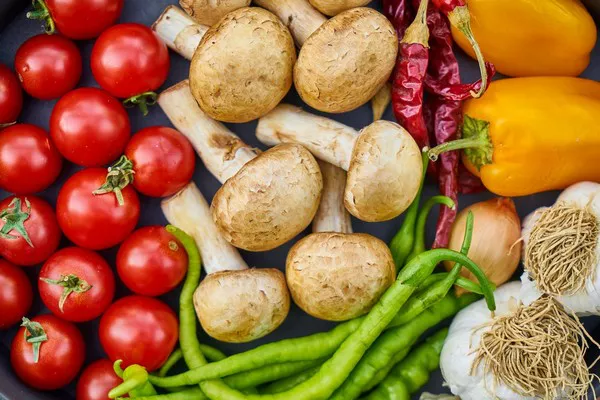Potatoes, a staple in many global cuisines, are often viewed with suspicion by those on a weight loss journey. Their versatility—from being served boiled, fried, or sautéed to featuring in curries and salads—makes them a dietary staple for many. However, despite their popularity, there are some important considerations to keep in mind if you’re trying to shed pounds while still enjoying this vegetable.
The Nutritional Perspective
Potatoes are rich in carbohydrates, which can be easily converted into sugar and stored as fat in the body. They also contain proteins and essential nutrients but are often prepared in ways that significantly increase their calorie content. For example, cooking them with butter, cream, or excessive oil can turn a nutritious vegetable into a calorie-dense meal.
Jinal Patel, a dietitian at Zynova Shalby Hospital, Mumbai, emphasizes that potatoes are indeed starchy and should be consumed mindfully. “Eating too much potatoes can hamper your overall well-being. They are often cooked with multiple spices, butter, ghee, herbs, cream, and oil, which can increase the calorie content and potentially harm health.”
Tips for Including Potatoes in a Weight Loss Diet
Opt for Cooking Methods that Retain Nutritional Value: To keep potatoes healthier, opt for boiling or baking rather than frying. Frying adds unnecessary fats and calories, which can counteract weight loss efforts.
Cool Them Down: Cooking and then cooling potatoes for 6-7 hours can lower their glycemic index. This process helps reduce the rate at which the carbohydrates are converted into sugar, making them less likely to spike blood sugar levels.
Moderation is Key: Even when prepared healthily, potatoes should be consumed in moderation. Excessive consumption, even of healthier preparations, can still contribute to weight gain.
Pair Them Wisely: Instead of pairing potatoes with other carbohydrate sources like bread, rice, or roti, try combining them with proteins or vegetables. This helps balance the meal and can aid in weight management.
Watch Your Portion Sizes: Be mindful of portion sizes, especially when potatoes are a significant part of your diet. Moderation can prevent overconsumption of calories and carbohydrates.
Avoid High-Calorie Additions: Skip the butter, cream, and excessive oils. Use minimal amounts of healthy fats, such as olive oil, and focus on seasoning with herbs and spices instead.
Listen to Your Body: Pay attention to how your body reacts to potatoes, especially if you have a sensitive stomach. Potatoes can slow digestion for some people, so it’s important to monitor how they affect your digestive health.
Consult Experts: Before making significant changes to your diet, including how you incorporate potatoes, consult a nutrition expert or dietitian. They can provide personalized advice based on your health needs and weight loss goals.
Deepshikha Jain, a nutritionist, suggests that incorporating potatoes as a snack or with protein, and avoiding them with other carbohydrate sources, can be beneficial. However, she also advises against relying solely on these methods without understanding individual dietary needs.
Patel reinforces the importance of moderation and careful preparation. “You can cook potatoes with less oil and spices for a healthier option,” she advises, “and always consult experts before making new alterations in your food habits to ensure they fit well with your overall health strategy.”
By keeping these considerations in mind, you can enjoy potatoes as part of a balanced diet while working towards your weight loss goals.


